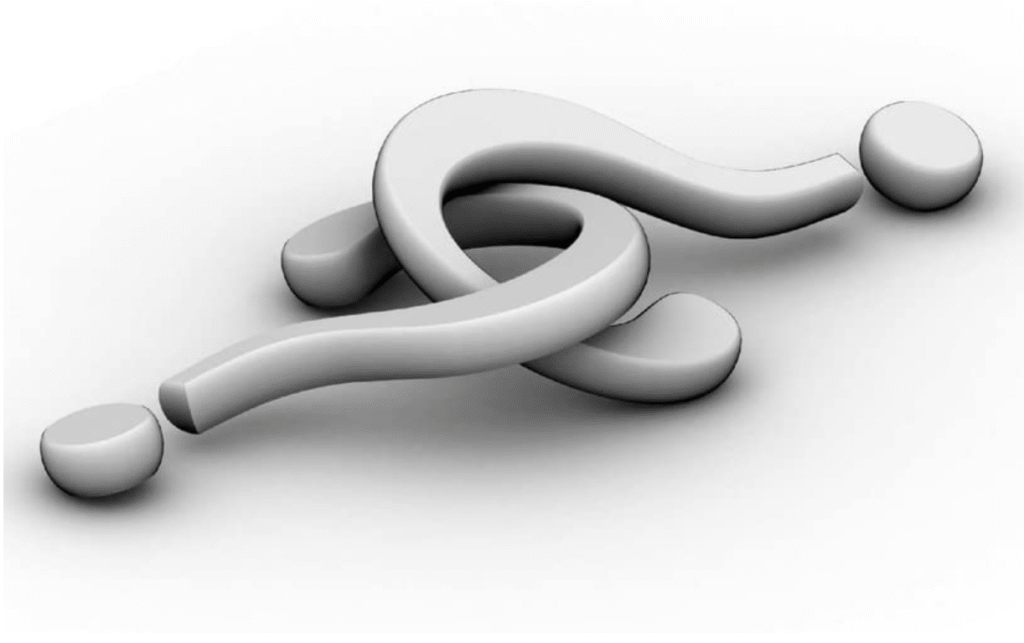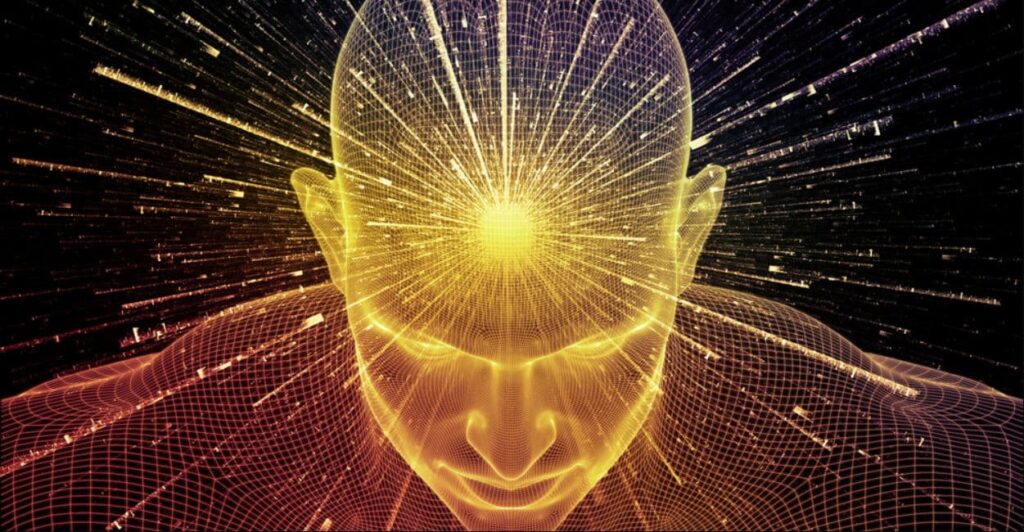Science: Uncovering the Laws of Nature
Science is fundamentally a tool for understanding the physical universe. By using observation, experimentation, and analysis, it provides explanations for natural phenomena, helping humanity progress in ways that were once unimaginable.
How Science Seeks Truth
- Empirical Evidence: Science relies on observable and measurable facts. Theories are developed based on evidence and are rigorously tested through experiments.
- Objectivity: Scientists aim to remain unbiased, letting the evidence guide their conclusions.
- Incremental Progress: Scientific knowledge evolves over time, building upon previous discoveries and correcting errors when necessary.
The Scope of Science
Science excels at explaining the “how” of the universe:
- How stars are born and die.
- How life evolves.
- How energy and matter interact.
But science often stops short of addressing the “why.” Why does the universe exist at all? Why does life emerge in the first place? These questions lie outside the scope of empirical methods, leading some to turn to spirituality for answers.
Spirituality: Seeking the Divine Truths
Spirituality, in contrast, focuses on understanding the purpose and meaning of existence. It is less concerned with measurable phenomena and more interested in personal experiences, inner transformation, and the connection to something greater than oneself.
How Spirituality Seeks Truth
- Subjective Experience: Spiritual truths are often discovered through introspection, meditation, and personal practices. These experiences, while deeply meaningful to individuals, are not easily quantified or measured.
- Faith and Belief: Unlike science, spirituality often requires faith in concepts or entities that cannot be empirically proven, such as the existence of a soul or a divine creator.
- Focus on the “Why”: Spirituality aims to uncover the reasons behind existence, addressing questions of purpose, interconnectedness, and higher consciousness.
The Broader Perspective of Spirituality
Spiritual seekers aim to go beyond the observable universe to find:
- The divine intelligence or force that brought the universe into being.
- The purpose behind scientific laws and natural phenomena.
- The hidden interconnectedness of all life, often described as a universal oneness.
The Intersection of Science and Spirituality
Though their approaches differ, science and spirituality are not mutually exclusive. In fact, they can be seen as two sides of the same coin—complementary rather than contradictory.
Shared Goals
Both science and spirituality aim to understand:
- The origins of the universe.
- The forces that govern existence.
- Humanity’s place within the cosmos.
Scientific Curiosity Leading to Spiritual Questions
Scientific discoveries often inspire spiritual inquiry:
- The vastness and complexity of the cosmos can evoke a sense of awe and wonder, prompting questions about a higher power.
- Quantum physics, with its blurred lines between observer and observed, has sparked debates about the nature of consciousness and reality—concepts long explored by spirituality.
- The “fine-tuning” of the universe, where physical constants seem perfectly calibrated for life, raises the possibility of an intelligent designer.
Spiritual Curiosity Leading to Scientific Questions
Similarly, spirituality inspires scientific exploration:
- Spiritual practices like meditation and mindfulness have become subjects of neuroscientific study, revealing their effects on brain function and mental health.
- The search for universal truths in spirituality often parallels scientific efforts to uncover fundamental laws of nature.
Key Differences Between Science and Spirituality
While there is significant overlap, science and spirituality diverge in important ways:
Aspect | Science | Spirituality |
Methodology | Empirical, evidence-based | Introspective, experiential |
Focus | How the universe works | Why the universe exists |
Perspective | Objective and measurable | Subjective and personal |
Truths | Relies on observable facts | Involves faith and belief |
Scope | Limited to the physical universe | Includes metaphysical and divine realms |
Can Science and Spirituality Coexist?
While some view science and spirituality as opposing forces, many argue that they can coexist and even enrich one another.
- Complementary Perspectives:
- Science explains the mechanisms of the physical universe, while spirituality explores its deeper meaning. Together, they offer a more complete understanding of existence.
- A Shared Sense of Wonder:
- Both science and spirituality inspire awe and curiosity about the universe, fostering a sense of connection to something greater than ourselves.
- Bridging the Gap:
- Areas like quantum physics and consciousness studies blur the line between science and spirituality, hinting at underlying principles that unite these two domains.
- Practical Benefits:
- Spiritual practices, like mindfulness and meditation, are increasingly being validated by scientific research for their psychological and physiological benefits.
Challenges in Reconciliation
Despite their potential harmony, there are challenges in bridging the gap between science and spirituality:
- Different Languages: Science and spirituality use fundamentally different methods and languages, making dialogue between them difficult.
- Skepticism: Many scientists are skeptical of spiritual claims that lack empirical evidence, while spiritual seekers may view science as too materialistic.
- Dogmatism: Rigid adherence to scientific or spiritual doctrines can prevent open-minded exploration of the other perspective.















